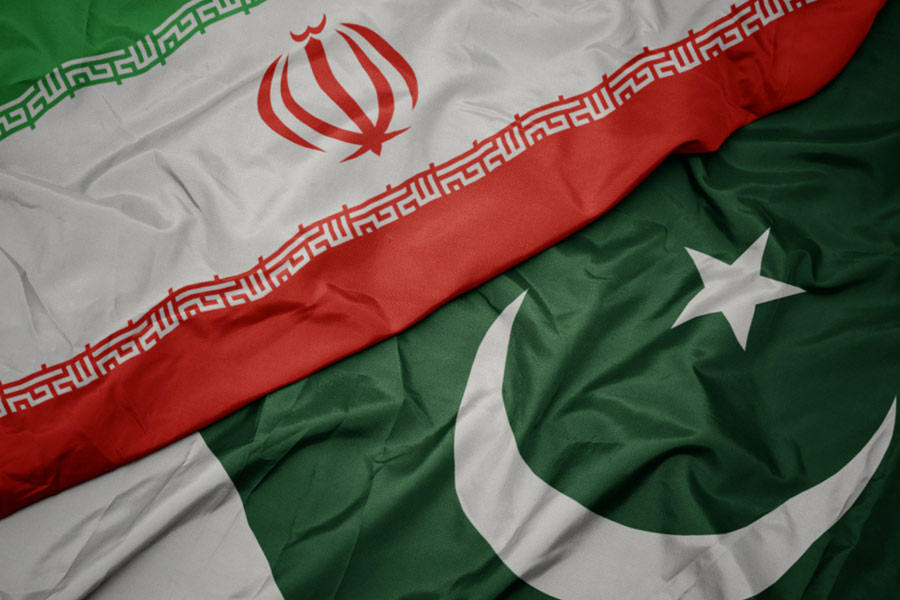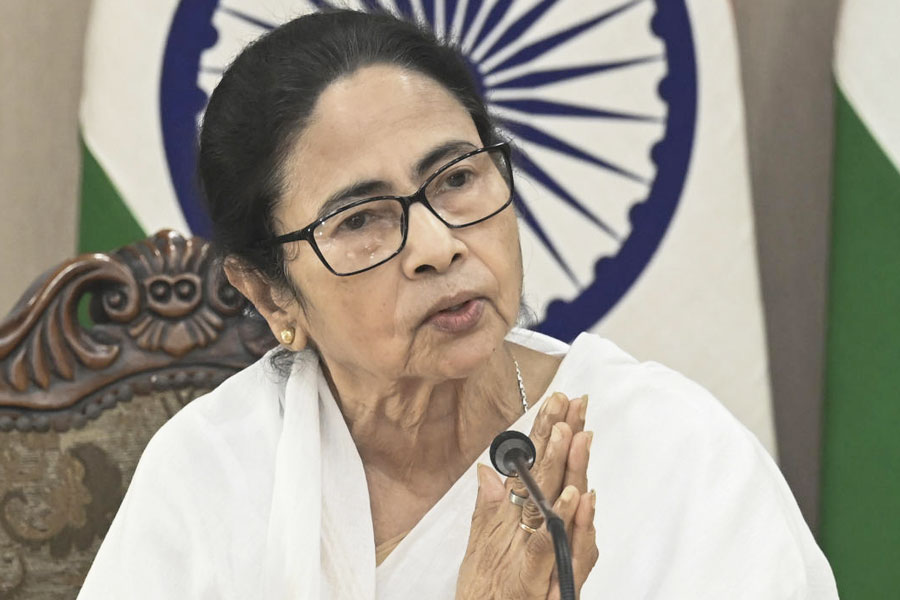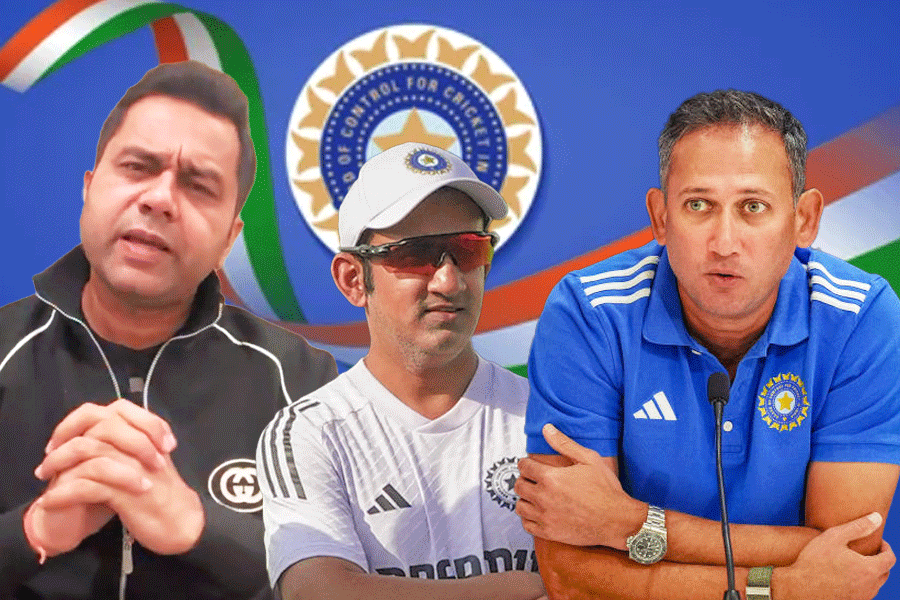Pakistan and Iran on Friday agreed to the spirit of “mutual trust and cooperation" and the need for closer cooperation on security issues as the two sides began to pick threads of tattered ties following their tit-for-tat missile strikes in each other’s territory.
Foreign Minister Jalil Abbas Jilani spoke with his Iranian counterpart Hossein Amir-Abdollahian and expressed Pakistan's readiness to work with Iran on “all issues based on the spirit of mutual trust and cooperation”, Pakistan’s Foreign Office said in a statement.
“He (Jilani) underscored the need for closer cooperation on security issues,” said the statement issued after the two ministers spoke over the telephone.
The positive development came after Pakistan conducted "precision military strikes" against what it called "terrorist hideouts" in Iran's Siestan-Balochistan province that killed 9 people on Thursday. The attack was seen as retaliation to Iranian missile and drone attacks on Tuesday, which targeted two bases of the Sunni Baloch militant group Jaish al-Adl in Pakistan's unruly Balochistan province.
Earlier, Jilani and his Turkish counterpart Hakan Fidan discussed the “ongoing developments between Pakistan and Iran”, the Foreign Office said.
He told Fidan that the military strikes were aimed at terrorist camps inside Iran and added that Pakistan has no interest or desire for escalation.
Also, officials of the foreign ministries from Iran and Pakistan exchanged goodwill messages, belying fears of escalation and showing that the tiff between the two neighbours was cooling off sooner than it erupted two days ago.
Foreign Office Spokesperson Mumtaz Zahra Baloch shared an exchange of messages between Additional Foreign Secretary Rahim Hayat Qureshi and his Iranian counterpart Seyed Rasoul Mousavi on her X handle, saying: “Some positive exchanges.” In an X post today, the Foreign Office additional secretary responded to his Iranian counterpart’s letter saying he reciprocated the sentiments of “dear brother Seyed Rasoul Mousavi.” He said Pakistan and Iran have fraternal relations and the countries need to move forward to resolve all issues through positive dialogue.
He said that it is important to restore trust and confidence that has always defined bilateral relations between the two countries. “Our common challenges including terrorism require coordinated action,” he added.
Mousavi said he believed that Iran’s Ministry of Foreign Affairs is the endpoint of the prevailing tensions between the two countries. “Leaders and high officials of both countries know that only terrorists and enemies of both countries benefit from the existing tension between the two neighbouring countries,” he wrote on X in Persian.
Except for the headline, this story has not been edited by The Telegraph Online staff and has been published from a syndicated feed.











